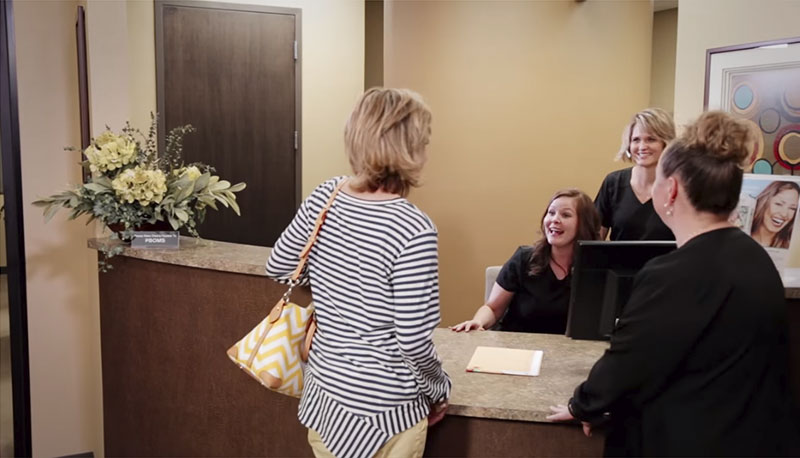Schedule a consultation with Permian Basin Oral Surgery & Dental Implant Center today!
We focus on providing the highest quality treatment with care and compassion,
placing every patient at the center of what we do.
ABOUT OUR PRACTICE
As a patient at Permian Basin Oral Surgery & Dental Implant Center, you can expect to receive individualized care, which addresses your specific oral health needs. Dr. Kevin Porter, Dr. Robert Fuentes, and Dr. Helaman Erickson are highly trained oral and maxillofacial surgeons who have undergone rigorous education and hands-on surgical training to properly address problems pertaining to the face and oral cavity. This makes Permian Basin Oral Surgery & Dental Implant Center your best option when seeking treatment for tooth replacement, impacted wisdom teeth, facial trauma injuries, and defects of oral and facial structures.
Our practice offers the full scope of procedural services and treatments, and we work closely with every patient to develop a treatment plan that will provide the optimal results that they desire. The team at our practice is an experienced group of individuals who are highly dedicated to ensuring that every patient receives compassionate and comfortable care at Permian Basin Oral Surgery & Dental Implant Center.
WHY OUR PATIENTS LOVE US
“I think if anybody has ever thought of getting implant surgery done or any other work done, this is the place to do it.”
Donna
Odessa, TX
“I had 3 implants done. Everything just went very smoothly. I was glad I made the decision to do all of them at once.”
Kerry
Odessa, TX
“I would highly recommend coming to Permian Basin because of the staff and because of the surgeons and how great they are.”
Madison
Odessa, TX
“I whole-heartedly recommend you see Dr. Erickson…the downtime was minimal.”
Kristyl
Odessa, TX
OUR LOCATIONS
Schedule a consultation with Permian Basin Oral Surgery & Dental Implant Center today!
Schedule a consultation with Permian Basin Oral Surgery & Dental Implant Center today!
Meet Our Doctors
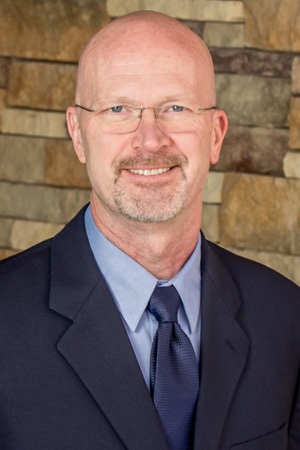
Kevin E. Porter, DDS, MD
Dr. Porter has a BS from the University Of Texas Permian Basin. In 1992, Dr. Porter graduated second in his class from Baylor College Of Dentistry. In July of that same year, he started his six-year residency in oral and maxillofacial surgery at the University Of Louisville School Of Dentistry in Louisville, Kentucky.
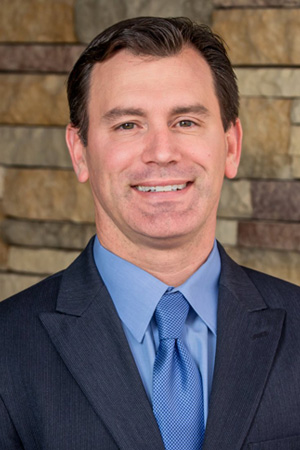
Robert S. Fuentes, DDS, MD
Dr. Robert S. Fuentes graduated from Texas A&M University magna cum laude with a BS in Biomedical Science in 2002. Dr. Fuentes earned his Doctor of Dental Surgery (DDS) at the University of Texas Dental Branch at Houston. He was then accepted into a six-year oral and maxillofacial surgery residency at Baylor College of Dentistry in 2006.
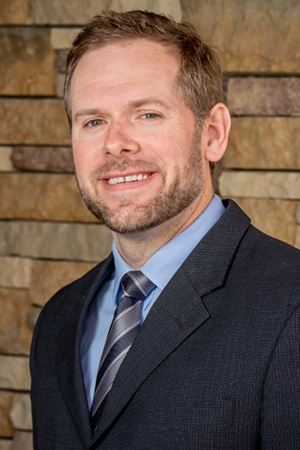
Helaman P. Erickson, DDS, MD, FACS
Originally from Arizona, Dr. Erickson received his Bachelor of Science from Arizona State University graduating cum laude. Dr. Erickson then received his dental degree from Columbia University College of Dental Medicine. His medical degree was obtained from the prestigious UT Southwestern Medical School in Dallas, Texas.
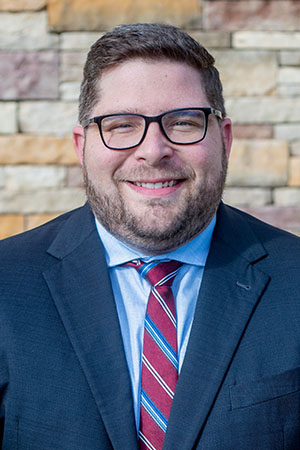
Jason P. Jones, DDS, MD
Dr. Jones was born and raised in west Texas. He graduated from UTPB honors program magna cum laude in 2011 with a Bachelors of Science in biology. He then attended UT Health San Antonio Dental School, earned his DDS with distinction in research honors in 2016. Dr. Jones earned his MD in 2019 from the UT Health Long School of Medicine and completed his general surgery internship at UT Health San Antonio.
FEATURED SERVICES
at Permian Basin Oral Surgery & Dental Implant Center
Dental Implants
The placement of dental implants is one of the most popular solutions today for restoring missing teeth. Whether you are missing one or several teeth, dental implants tend to be the best solution for restoring your oral health. When compared to other tooth replacement options, such as removable dentures and bridgework, dental implants are the strongest and longest-lasting replacement solution and offer the closest resemblance to natural teeth. Each dental implant is comprised of three parts—the medical-grade titanium implant, the abutment (a small metal post to secure the components together), and the custom crown. Medical-grade titanium will not corrode over time, and its properties allow it to naturally integrate into the jaw bone, offering patients the sturdiest tooth restoration available.
Wisdom Teeth Removal
Wisdom teeth, or third molars, are usually the last set of teeth to develop and grow behind the second molars at the back of the mouth. While the vast majority of individuals develop all 32 teeth, including wisdom teeth, they usually do not have enough room to accommodate this additional set of teeth. Often times, these teeth do not fully grow into the mouth, which can cause problems in a patient’s overall oral health, including severe pain, bacterial growth, potential disease, and even the development cysts or tumors. We recommend that wisdom teeth extraction occurs during the mid- to late teens to avoid these complications.
Full-Arch Restoration
When searching for a solution that restores a full arch of missing or problematic teeth, it can be difficult to find a cost-effective replacement option that provides both a functional and aesthetic solution. Utilizing the full-arch dental restoration comprised of four specialized dental implants, our oral surgeons can restore the patient’s upper and/or lower arch of teeth. Drs. Brown, Porter, Fuentes, and Erickson can secure a full set of temporary replacement teeth in a single surgical procedure. After a brief healing period, the permanent replacement denture is attached to the dental implants. Unlike many temporary denture options, the full-arch dental restoration uses minimally invasive techniques for dental implant placement, which also reduces patient recovery time.




